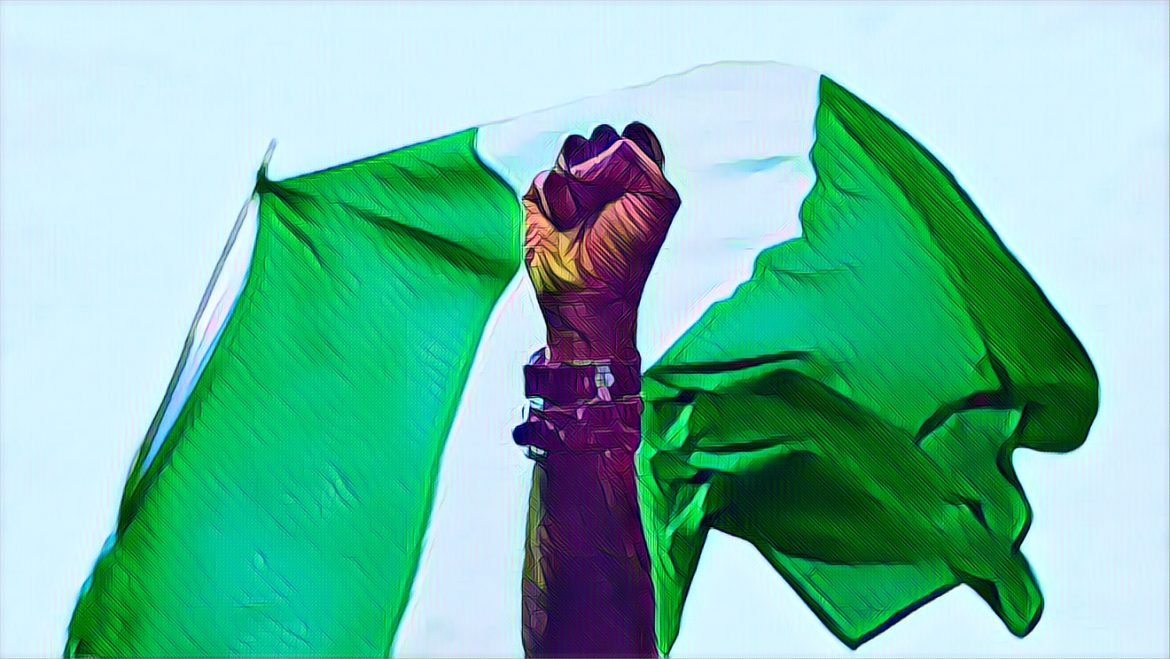The journey of Nigerian democracy is like a river that has meandered through the landscape of African politics, reflective of the continent’s yearning for true representative governance. Nigeria’s strides and stumbles towards a stable democracy are not walked in isolation. Across the continent, from the green hills of Addis Ababa to the bustling streets of Johannesburg, African countries share a collective narrative of democratic evolution, each with its own lessons and challenges.
In 2023, Nigeria stood as a canvas, capturing the attention of its citizens and the international community with its general elections. Despite reports of logistical challenges and concerns over election integrity, there was a noticeable advancement in political engagement, particularly among the youth, signaling a new era of participatory governance. This mirrored events in Malawi, where in 2020, a historic rerun presidential election set a precedent for judicial independence and the power of a vigilant electorate.
Comparisons can also be drawn with Kenya, where elections have often been tightly contested. Kenya’s 2022 election showcased the importance of institutional robustness and the role of technology in enhancing electoral transparency, echoing the digital aspirations seen in Nigeria’s electoral processes.
But the path has been riddled with thorns as well as roses. For instance, the Ivory Coast’s contested election in 2020 highlighted the specter of political unrest that can arise from disputed polls, a scenario that Nigeria has managed to navigate but remains wary of.
However, Nigeria’s persistent issues of voter suppression and electoral violence find their parallels in nations like Uganda, where allegations of intimidation and abuses against opposition figures marred the 2021 elections. These challenges spotlight the necessity of robust legal frameworks and the enforcement of laws that protect the sanctity of the electoral process.
Despite these hurdles, Nigeria is steadily writing its chapter in the annals of democratic transitions, much like Ghana, often touted as a beacon of democracy in Africa for its consistent peaceful transfers of power. The Ghanaian model underscores the value of political maturity and the pivotal role that a united civil society plays in guarding democratic values.
On the economic front, Nigeria’s reliance on oil has mirrored the experiences of other resource-rich African countries like Angola and Algeria, where economic diversification remains a crucial objective to insulate politics from the volatility of resource dependency. This economic commonality underpins the urgent need for governance that can weather economic storms and implement reforms that benefit the broader populace.
The threads of Nigeria’s democratic journey are interwoven with those of its African counterparts, presenting a rich tapestry from which to draw lessons. As the nation grapples with enhancing the integrity of its electoral system, it looks to the experiences of countries like Botswana, renowned for its long-standing democratic tradition and good governance.
Yet, it is not just successes but also the shortcomings of African democracies that offer Nigeria valuable insights. Zimbabwe’s struggles with economic collapse and political oppression are a cautionary tale of how the erosion of democratic institutions can lead to national turmoil. Cameroon’s challenges with political unrest and long-standing leadership also highlight the risks of stagnation and the importance of leadership renewal in a thriving democracy.
As Nigeria moves forward, it must tackle voter apathy, a common African electoral issue, as seen with the low turnout rates in countries like South Africa during their local elections. Strengthening civic education and ensuring that the electoral process is inclusive and accessible to all parts of society will be vital in addressing this.
In the digital arena, the disparities in technology access present a challenge that resonates across Africa. Nigeria, like many of its neighbors, is at a crossroads where the digital divide could either be an impediment to or an accelerator for democratic participation. Closing this gap will be crucial for the future of a more equitable and fair electoral process.
Civil society and media are cornerstones of Nigerian democracy, as they are across the continent. Their role as watchdogs is paramount, and their protection is synonymous with the protection of democracy itself. A vibrant and free press is as essential in Nigeria as in Ethiopia, where, despite challenges, journalists continue to push the boundaries for freedom of speech.
The heart of Nigeria’s democratic transition beats in sync with the pulse of African aspirations for governance that reflects the will of its people. Nigeria’s resilience, mirrored by its African neighbors, is a testament to a continent on the move, where the echoes of past lessons are the stepping stones for future triumphs.
As Nigeria carves out its democratic niche, buoyed by the energies of its youth and the collective experiences of African states, it remains a beacon of hope for the continent. It proves that while the road to democracy may be long and winding, it leads towards a brighter, more inclusive future.


